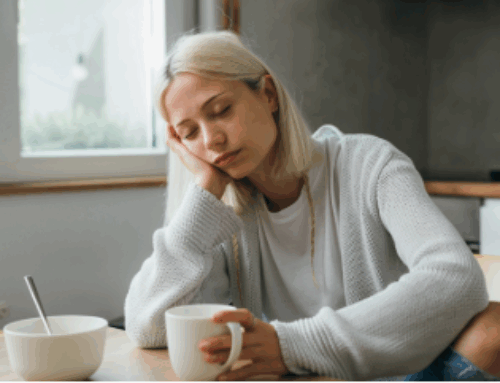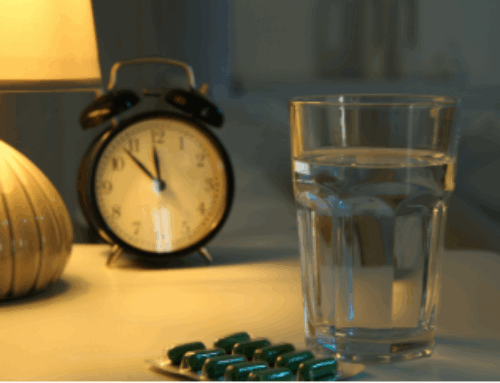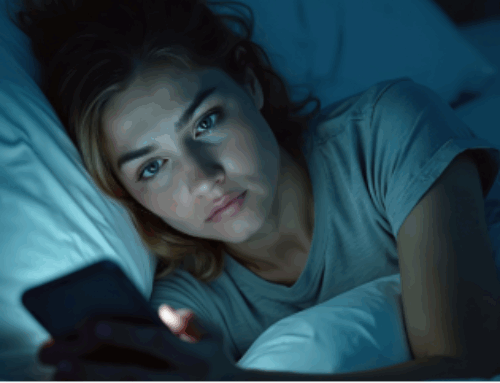AASM President Safwan Badr, MD recently participated in a Twitter chat to educate the public about sleep disorders and clear up some misconceptions about sleep. The Wednesday discussion was organized by the Wall Street Journal and moderated by health reporter Shirley Wang. The following is a recap of the chat. Each of the responses was provided in 140 characters or less in response to questions from the moderator.
Shirley Wang (@ShirleySWangWSJ): Why is a good night of rest so important to our health?
Safwan Badr, MD (@AASMOrg): Adults who regularly sleep less than 7 hours per night have high risk for health problems
@ShirleySWangWSJ: What can go wrong with our health and body long-term if we don’t get enough sleep?
@AASMOrg: Increased risk for heart disease, stroke, depression and diabetes – all linked to sleep restriction.
People who sleep six hours or less have higher mortality rates
@ShirleySWangWSJ: Sleep apnea is a common condition sleep disorder. How do you know if you have it and what are the best treatments?
@AASMOrg: Two major sleep apnea symptoms to look for: loud and frequent snoring and daytime sleepiness
Major risk factors for sleep apnea: type 2 diabetes, high blood pressure and obesity
Diagnosis of sleep apnea requires a sleep study in a lab or at home
A board certified sleep specialist will help you find the optimal treatment for your sleep apnea
Treating sleep apnea improves daytime alertness, blood pressure and quality of life
@ShirleySWangWSJ: Switching gears: What should people do if they have insomnia?
@AASMOrg: If you have insomnia first step is to examine your sleep schedule and your sleep hygiene
Insomnia can be behavioral, which can resolved without medications
Always talk to your doctor if you are experiencing chronic insomnia
Sleeping pills can provide short-term relief, under the close supervision of a physician
Don’t stay in bed if you can’t fall asleep. Avoid stimulants. And don’t use your TV or computer before bed to avoid insomnia
Get natural daylight during the morning to set your body clock
@ShirleySWangWSJ: How do sleep medicines like Ambien work and are they safe to use?
@AASMOrg: Sleep medications are safe if used appropriately under the supervision of a physician
Follow these 10 tips for use of sleep medications from AASM physicians http://ow.ly/n3MWe
Sleep medications are not a substitute for long term cognitive behavioral therapy for chronic insomnia
Over the counter sleep aids such as antihistamines are not recommended for insomnia. No data on safety or efficacy
@ShirleySWangWSJ: What are most promising treatments in development for sleep disorders?
@AASMOrg: Numerous treatments are in development, our physicians and researchers are working to find the next major treatment
@ShirleySWangWSJ: Is there such a thing as “catching up” on lost sleep? Why or why not?
@AASMOrg: Catching up on sleep is not a substitute for getting quality sleep each night
We’ve published numerous studies that show that sleep deficits are cumulative
Sleep is the best investment for your health and quality of life. Sleep well and live well
Physicians from the Mayo Clinic and the Cleveland Clinic also took part in the discussion. To see all of the tweets from Wednesday’s chat, search for the hashtag #SleepChat on Twitter.
For the latest news on sleep from the AASM, follow the AASM on Twitter or Like our official page on Facebook.





